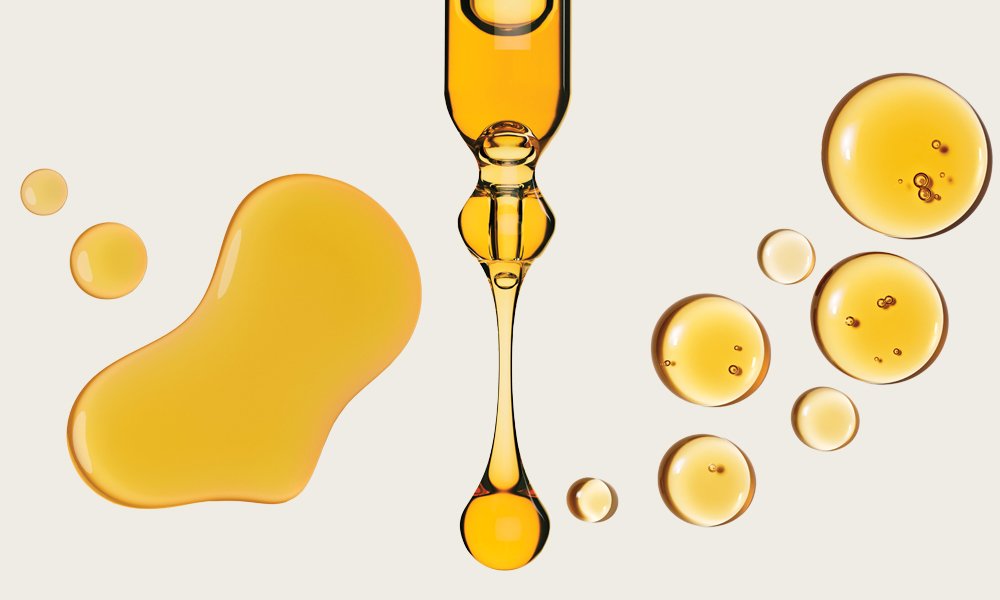The A-Z of Retinol: Understanding Its Benefits, Sensitivities, and Alternatives
Retinol has long been lauded as a premier skin-care ingredient for combatting the signs of aging. As a derivative of vitamin A, it’s widely available in over-the-counter formulations, making it a go-to choice for many. However, the reality is that retinol isn’t suitable for everyone. Individuals with sensitive skin often hesitate to introduce it into their routines due to potential side effects like dryness and irritation. Aesthetician Amy Peterson and dermatologist Sue Ellen Cox, MD, stress that while retinol can indeed be intimidating, it can also blend seamlessly into almost any skin-care regimen when approached correctly.
Understanding the Retinoid Family
Retinoids are grouped into various families based on their strength and conversion process to retinoic acid, the active form of vitamin A. Here’s a brief overview:
- Retinyl Esters: These are low-strength retinoids that have three conversion steps to retinoic acid, making them less potent but also less irritating.
- Retinol: A medium-strength option, retinol only requires two conversion steps, effectively treating both acne and aging signs.
- Retinaldehyde: At the high-strength end, retinaldehyde converts quickly into retinoic acid, providing faster results.
Experts like Dr. Marina Peredo emphasize that retinol offers all the benefits of stronger prescription retinoids but is gentler on the skin, making it accessible for most users.
How Retinol Works on Your Skin
When applied, retinol needs to be converted into retinoic acid to be effective. This conversion process prompts several skin-enhancing changes: it promotes collagen production, increases skin cell turnover, and influences how older skin cells mature and shed. With age, this natural cell turnover slows down, leading to rough textures and fine lines. For instance, in our 20s, it takes around 28 days for skin cells to turnover, while this can extend to 40-50 days by our 40s. Therefore, regular use of retinol can lead to a smoother texture, reduced lines, and a more even skin tone over time.
Is Your Skin Truly Sensitive?
While retinol isn’t for everyone, the notion of "sensitive skin" can often be misunderstood. Studies suggest that approximately 70% of adults experience some degree of skin sensitivity, usually described as unpleasant sensory responses to typical stimuli. Experts like Dr. Marisa Garshick caution that many skin-reactive issues might stem from over-processing or using too many active ingredients rather than true sensitivities. Dr. Peredo notes that, in many cases, we might be dealing with reactive skin from excessive product use or harsh environmental conditions.
Best Practices for Using Retinol
If you’re new to retinol, it’s crucial to start low and slow. For sensitive skin types, consider starting with a low concentration, such as 0.1% retinol. As your skin adjusts, you can gradually increase the frequency of use. Layering a rich moisturizer on top can also help combat dryness and irritation. Dermatologist Jennifer Segal, MD, suggests beginning with retinol just once or twice a week and adopting a minimalist skincare routine can facilitate easier integration.
Alternatives to Retinol
If you still experience irritation from retinol or would like to explore gentler options, there are alternatives you can consider. Ingredients like bakuchiol—a plant-based alternative to retinol—are gaining popularity for providing similar benefits without the associated discomfort. Peptides are another option, often used to support skin repair and elasticity. In addition, advanced retinol formulations have emerged, utilizing encapsulation techniques to minimize irritation while delivering effective results deeper into the skin.
With ongoing developments in skin-care technology, retinol remains a staple due to its proven efficacy across various skin issues. For those committed to their skin-care journey, education and personalized routines that consider skin sensitivity can pave the way for incorporating this powerful ingredient safely.
Boost your health naturally—click here to shop Nature Made vitamins and enjoy 25% off your first order!





